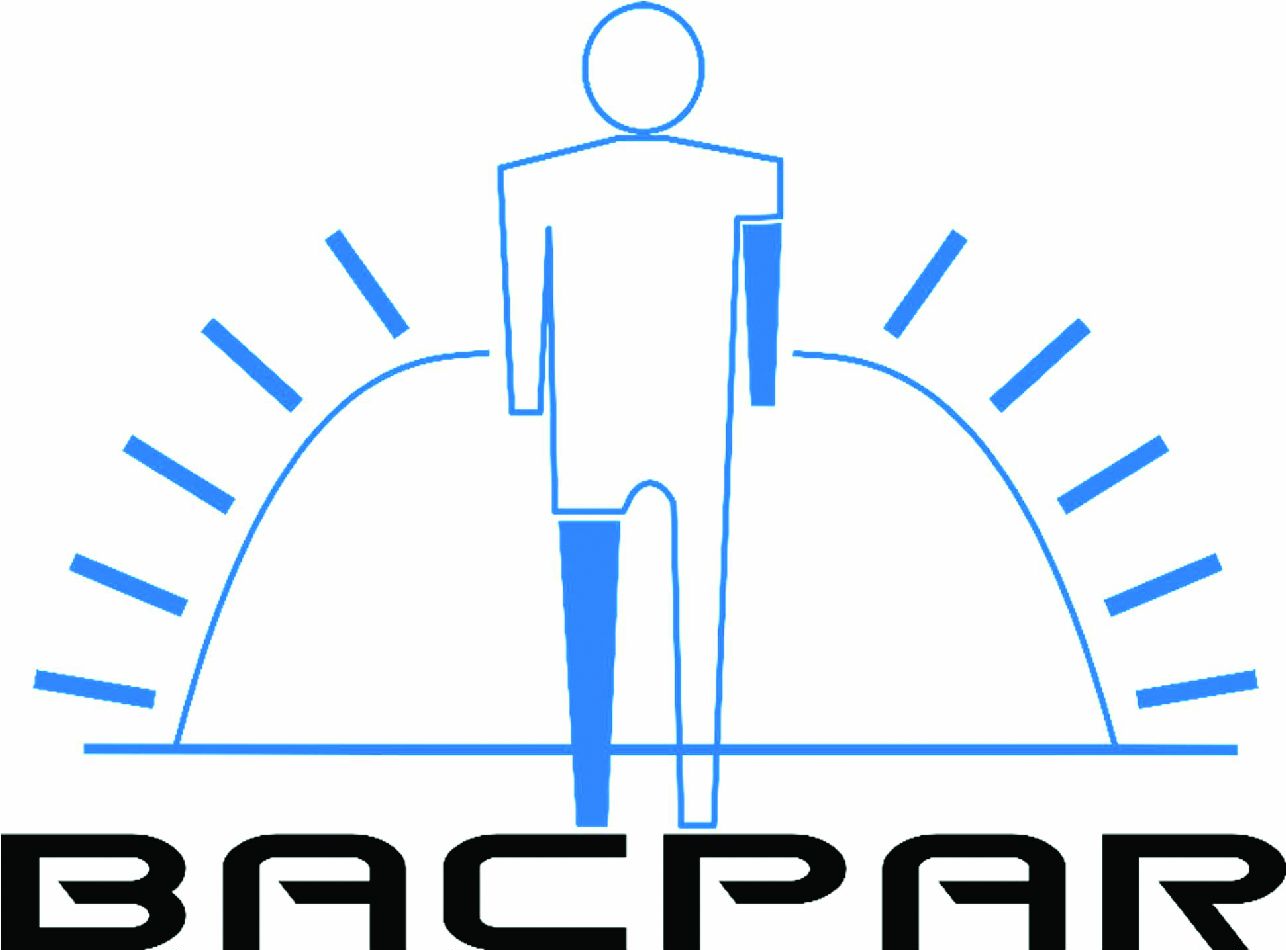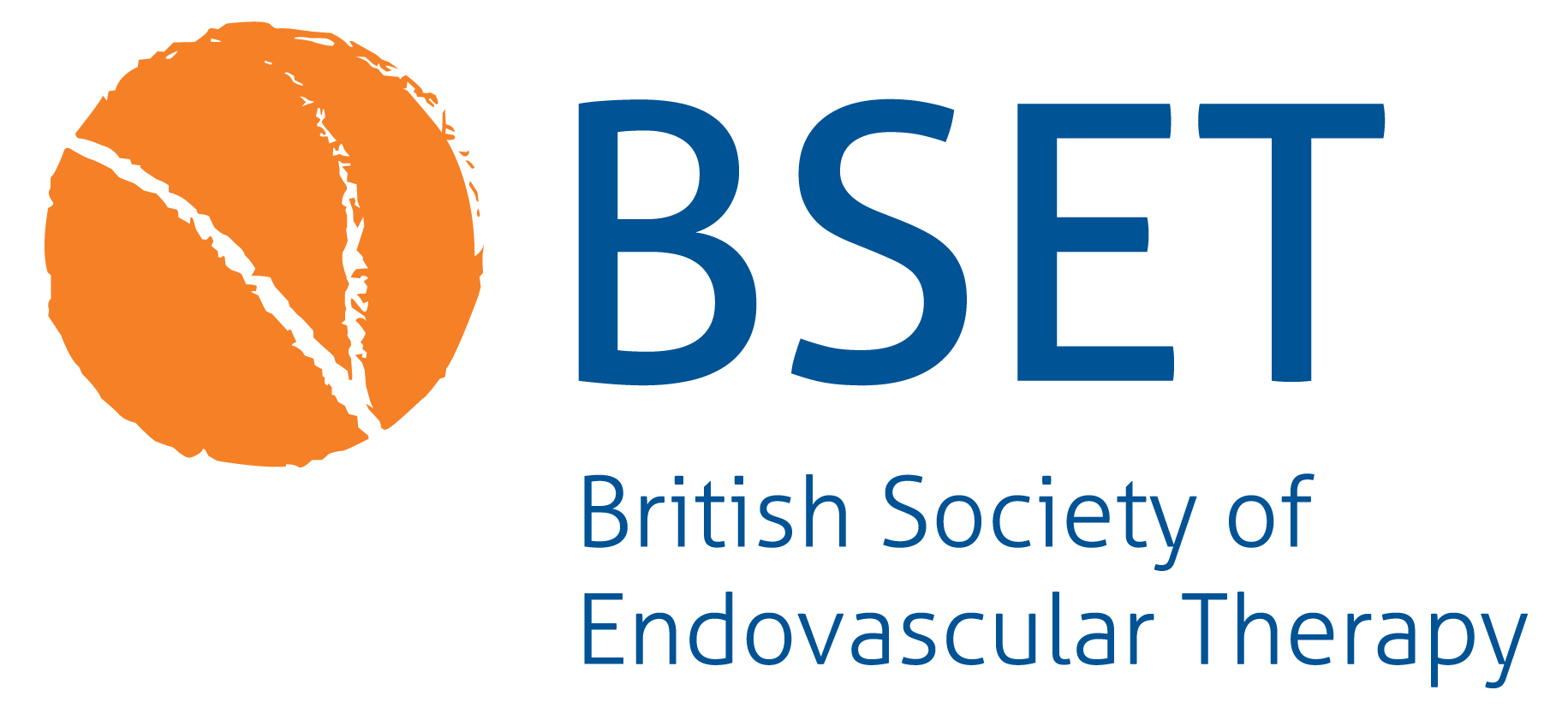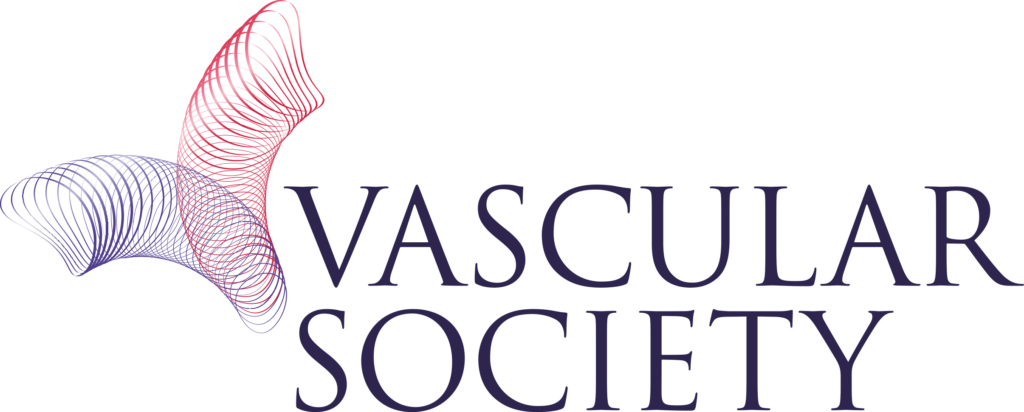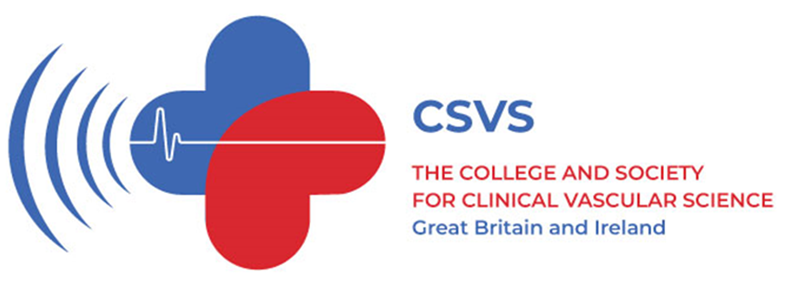EDITORIALS
An extraordinary conference session
Chetter I,1 Wren B2
I have attended innumerable sessions at countless conferences over my career but a late afternoon session on Wednesday 22 November 2023 at the Annual Scientific Meeting of the Vascular Society of Great Britain and Ireland at the Convention Centre in Dublin will live long in the memory. It ran from 17:00–18:30 hours in a packed Liffey Hall 2 and was entitled “The patient I cannot forget”. Four vascular surgeons described their experience of a patient who had left them with feelings of which they had not been able to fully let go. The four surgeons were Rachel Bell, Ian Loftus, Becky Sandford and Ross Davenport. Rachel and Ian are vascular surgeons of international renown, both past presidents of the Vascular Society, whilst Becky and Ross are younger consultants in the earlier part of their career but both with extensive training and experience. Telling the story of the four cases was clearly traumatic and there were tears, tissues and soul searching. Two cases involved paediatric trauma, one iatrogenic in an unfamiliar environment. Two cases involved prolonged attempts at limb revascularisation where nothing seemed to go to plan, and the final case outlined the stresses and anxieties of being involved in a coroner’s case. I have never experienced open, honest, transparent reporting of raw, emotional cases in this way.
The session was facilitated by a psychologist (Barbara Wren) who has developed her work bringing psychology to the UK implementation of Schwartz rounds,1,2 to go on to create psychological interventions like this one for doctors in general and surgeons in particular. The aim of the session was to create a safe space where the emotional and psychological impact of being a vascular surgeon could be named and explored using their story as a way to contain distress, risk and anxiety. In-depth preparation was undertaken with each surgeon beforehand to understand their experience, agree a central focus for their story which reflected the true source of their distress (eg, helplessness, guilt) and then develop their stories into a shape that they were comfortable to share. This work informed the session design, which was structured to create the safe environment needed to manage the risk inherent in sharing and exposing emotional experiences in public.
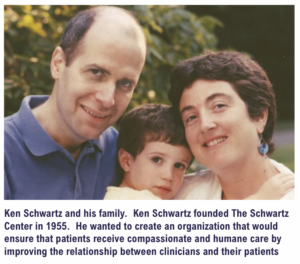
A scene-setting introduction facilitated consideration of the ‘rules’ of medical culture and how they orientate us to those medical experiences that can be shared and those that must be filed away in order to succeed, demonstrate robustness, compete and survive. These rules create the courage necessary to be a doctor, but at what cost? Where do unwanted medical experiences of fear, vulnerability, loss and regret go? What toll do they take? A Brian Friel3 quote was shared to orientate attenders to the questions posed by the session: What if the rules of medical culture thwart some of the emotional needs of doctors? How can we authentically and safely find ways to manage the emotional complexity that being a surgeon truly involves especially over the course of a successful career?
“It can happen that a culture can be imprisoned in
a linguistic contour that no longer matches the language of experience”.
With this quote the stage was set to release some painful consequences of being a surgeon from imprisonment. Each surgeon then beautifully articulated the emotions associated with these cases, which included helplessness, guilt, inadequacy and a sense of failure and weakness. The impact of these experiences was clearly intense, causing these highly skilled and respected surgeons to question their own competence, doubt their career choices, reconsider how to manage their work/life balance and even whether the cost of the work was worth it. Support from colleagues, friends and family and in one case formal therapy had helped them to bear the pain of these hugely stressful situations, of which they were still impossible to fully let go.
Facilitated audience feedback was profound, validating, genuine and heartfelt. There was a sense of gratitude to these four surgeons that, in taking the risk to talk of their pain, they had given permission for the cost of the work to be acknowledged, for self-doubt and self-recrimination to be released and for ‘messy’ feelings to be normalised. The session overran despite being extended to an hour and a half, and still there was not enough time to hear from everyone who wanted to speak. Some surgeons in the audience acknowledged we all have these ‘nightmare’ cases which could be considered ‘normal’ and how we deal with this ‘cemetery at the back of our mind’ ultimately defines our relationship to work and to ourselves. Experienced surgeons in the audience expressed opinions on how to prepare for, manage and deal with the aftermath of these situations in order to limit their negative impact. Non-judgemental review by colleagues and embracing a no-blame culture can be useful. Perhaps the most important aspect to limiting the impact of such cases is to realise it is happening and to seek support. Finally, trainee educational events should include the topic of identifying, managing and processing these difficult and traumatic cases.
In summary, in order to continue to provide holistic care for our patients and protect ourselves from the physical, psychological, emotional and social consequences of difficult cases and adverse events, which are unavoidable throughout the course of a long career, it is essential to feel that we have permission to release complex emotions and attend to our own vulnerability and sense of helplessness when things don’t go as we hoped and planned. Being a surgeon requires one to walk a fine line between potency and vulnerability (which is usually denied) while conveying total confidence to patients and their families who are sometimes desperate for unachievable certainty. Designing our work so there is space to process this complexity, and create a sense of compassion for ourselves and our colleagues, would go some way towards mitigating the unavoidable costs of the work which can pose tremendous risks to our health and happiness if they are denied.
Article DOI:
Journal Reference:
J.Vasc.Soc.G.B.Irel. 2024;3(2):60-61
Publication date:
February 29, 2024
Author Affiliations:
1. Chair of Surgery, Hull York Medical School, UK
2. Consultant Psychologist, Barbara Wren Psychology Ltd, UK
Corresponding author:
Barbara Wren
Barbara Wren Psychology Ltd 16 Wyneham Road, London
SE24 9NT. UK
Email: [email protected]

